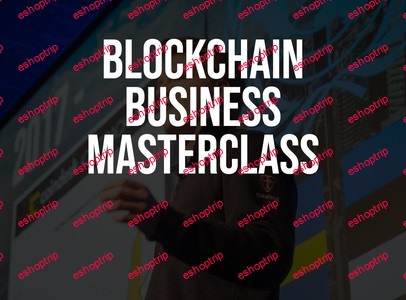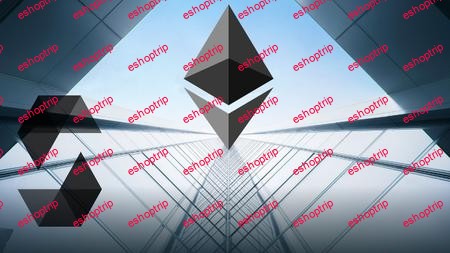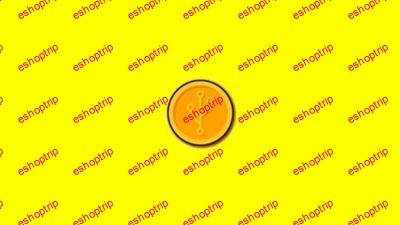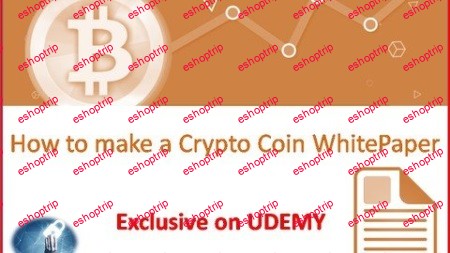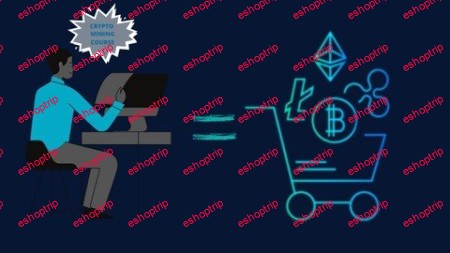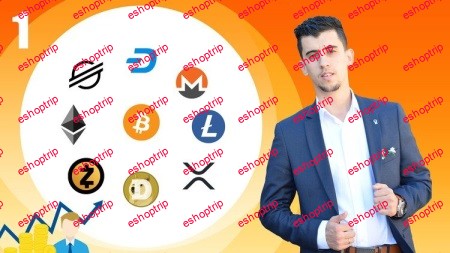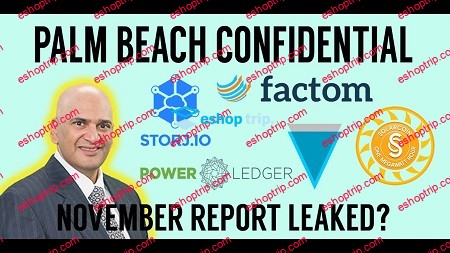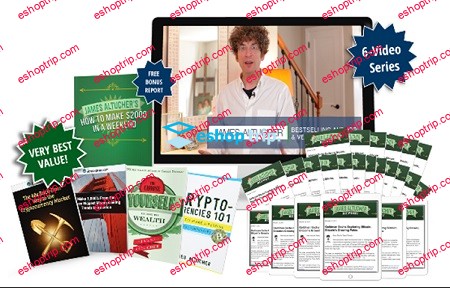Published 8/2024
Created by Toon Macharis
MP4 | Video: h264, 1280×720 | Audio: AAC, 44.1 KHz, 2 Ch
Genre: eLearning | Language: English + srt | Duration: 161 Lectures ( 19h 35m ) | Size: 9.66 GB
A Practical Developer Guide
What you’ll learn:
Have a basic understanding of the Ethereum blockchain
Know about tools that are used to program in Solidity (Hardhat and Remix)
Have a quick introduction to Solidity
Know how to interact with smart contracts through the ethers and web3 JavaScript libraries
Know about wallets (MetaMask and WalletConnect)
Know how to set up a local test blockchain and how to interact with a blockchain network
Know how to integrate wallets in and how to interact with the blockchain from a user interface
Requirements:
This course consists of three parts: some basic theory, tools and integration with a user interface
For the basic theory, you do not need any programming experience
For the tools, it would be good to be familiar with JavaScript, since testing your Solidity code and interacting with a blockchain happens through JavaScript libraries (either ‘ethers’ or ‘web3’)
For the user interface, it would be good to be familiar with JavaScript and other web technologies
Description:
This course aims to give an overview of what you need to know to program in Solidity. The course currently consists of three parts.In the first part, I explain some basic blockchain concepts.In the second part, I explain tools that are used to develop blockchain applications.This part explains the development tools Hardhat and Remix.You will see Solidity code for making your own cryptocurrency.You will see the JavaScript libraries ethers.js and web3.js that are used to interact with the Ethereum blockchain.You will see how you can connect a wallet with a blockchain application. I will show MetaMask, which is a popular wallet and also WalletConnect, which acts as a bridge to connect multiple kinds of wallets with an application. I will also show how you can transfer cryptocurrencies in MetaMask.You will see how to set up a local test blockchain on your computer and also how to interact with an Ethereum testnet on the Internet.You will see how you can register and configure an Ethereum Name.In the third part, I show how you can make a user interface that interacts with the Ethereum blockchain, it showshow to retrieve the address of a smart contract through an Ethereum Namehow to read data from the blockchain through a default providerhow to connect MetaMask or a wallet through WalletConnect with the user interfacehow to execute functions that write data to the blockchain through a connected wallethow to search for events emitted by a smart contract
Who this course is for:
Aspiring Solidity developers
Homepage
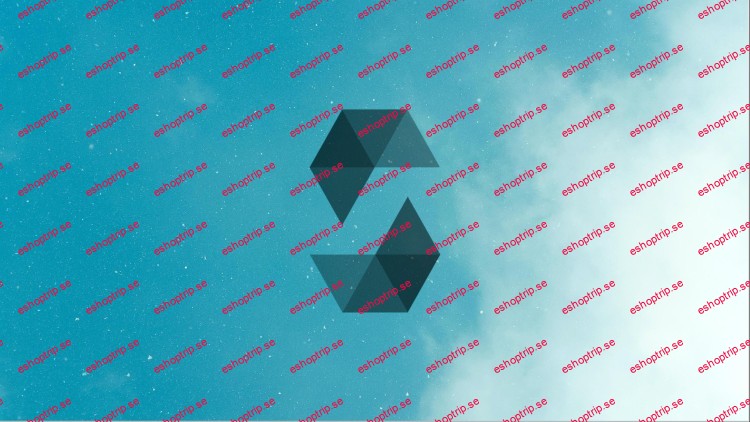
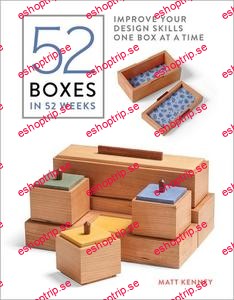
![[New] Java Full Stack React and Spring Boot 3 [Expense App]](https://eshoptrip.org/wp-content/uploads/2024/08/New-Java-Full-Stack-React-and-Spring-Boot-3-Expense-App-600x422.jpg)
